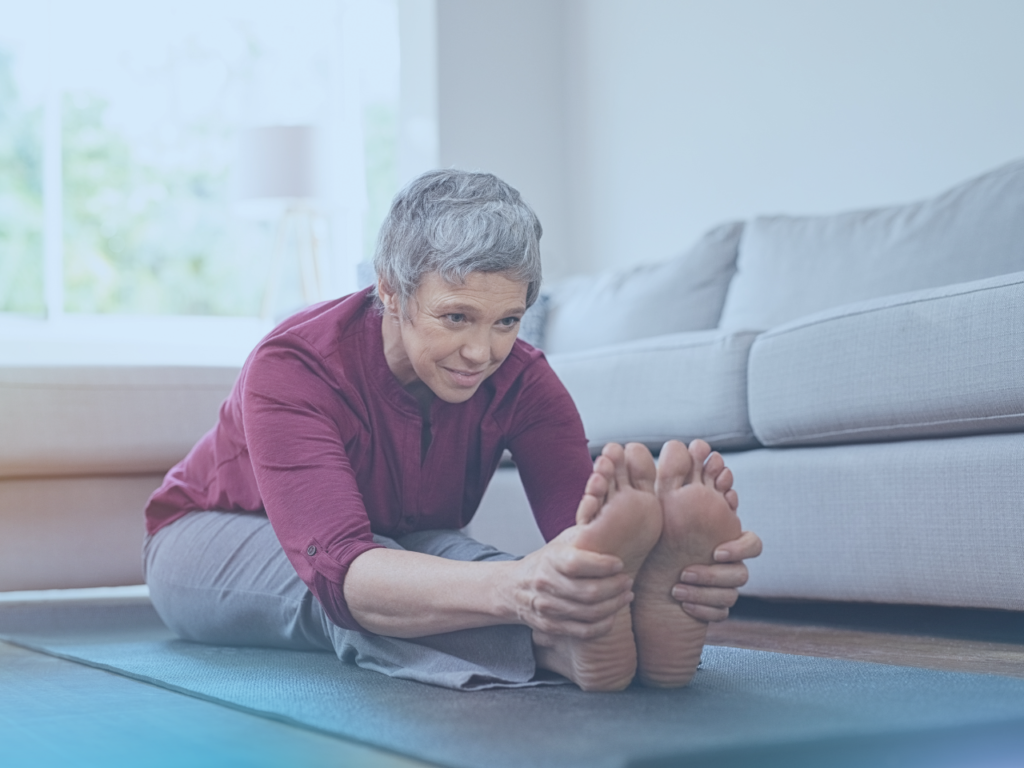The golden years are thought of as a time for relaxation and great independence, a stage where seniors get to live out their comfort in the homes that they built and nurtured. This desire to age in place, surrounded by what is familiar and routine, is a strong one for most. But reality sometimes presents itself in the form of the unexpected financial hurdle. Fixed incomes may not keep up with health care costs, which are on the rise, the greater need for home maintenance, and other unforeseen expenses. These financial issues, in turn, may put at risk the very independence seniors value so greatly, which pushes them into making difficult decisions regarding their living arrangements.
Fortunately for some homeowners who are in this situation, there are innovative financial solutions that exist that can help to close this gap and protect their autonomy. While traditional mortgages require regular payments at a set rate, a reverse mortgage is different. It allows seniors to use a part of their home equity, which they have built up without the monthly mortgage payment burden, thus providing a resource to use to solve financial issues. A reverse mortgage is a strategic tool for some seniors that they can use to travel the retirement financial landscape and preserve what they value most, which is to stay in their homes with more peace of mind.
Understanding Reverse Mortgages

A reverse mortgage is a type of loan available for homeowners age 62 and over, and presents an option to access home equity without the need to sell the home or make traditional monthly mortgage payments. In this case, the lender pays the borrower who repays the loan with interest and fees at a later date.
Key aspects of how a reverse mortgage operates include:
- No Required Monthly Mortgage Payments: As a borrower, you do not have to make regular monthly payments on the loan, which may provide some cash flow relief (also note that tax and insurance, and home maintenance are still your responsibility).
- Access to Funds: You have a choice in how you receive the funds, which may be a one-time payment, a flexible line of credit, a regular monthly payment, or some combination of these.
- Retained Homeownership: As the borrower, you will continue to own and have the title to your home throughout the reverse mortgage.
- Loan Repayment: At some point, the loan has to be repaid, which is at the time of the borrower’s death or when the home is no longer the main residence.
How a Reverse Mortgage Supports Independence

A large benefit of reverse mortgage is that it increases a senior’s independence through what we see as improved financial flexibility and the security of remaining in their own home. By which they gain access to their built-up home equity, a reverse mortgage is a way to relieve financial stress, and empowers seniors to make choices that support the way they want to live and their health.
How a reverse mortgage directly contributes to maintaining independence:
- Financial Flexibility: Access to home equity, which is put towards a wide range of uses, including:
- Covering surprise or continuous health care costs.
- Paying for in-home care support.
- Making essential home repairs and modifications for safety and aging in place.
- Supplemental income for day-to-day living costs or for that which is out of the ordinary.
- Remaining in Their Home: The greatest benefit is the opportunity to stay in a familiar and comfortable setting. This reduces the emotional distress and disruption of the move, allowing seniors to maintain their social networks and routines.
- Reducing Financial Stress: The fact that there is no required monthly mortgage payment, which in turn frees up cash flow, eases financial stress and provides greater peace of mind in retirement.
- Increased Control: Gaining access to these funds puts seniors in a more active role, giving them greater control over their financial resources and care, living arrangements, and overall well-being.
Read more about the mortgage rate in today’s market.
Important Considerations
While a reverse mortgage may present some benefits to older adults, what’s most critical is how this financial instrument is approached with full knowledge of what to expect. As with all financial products, there are elements that prospective borrowers must pay close attention to in terms of how it fits into their situation and long-term financial picture.
Important considerations regarding reverse mortgages:
- Fees and Interest: Note that with reverse mortgages, there is a set of fees for things like origination, service, and mortgage insurance. Interest will grow on the line of credit over time, which in turn will eat into what would have been your home’s equity.
- Eligibility Requirements: Most preferably, borrowers must be 62 or over and either do not have a mortgage at all or have enough equity in their home to get a reverse mortgage. However, requirements can sometimes be changed by the lender, as well as the type of reverse mortgage.
- Ongoing Obligations: While there are no required monthly payments, as a borrower, you are still responsible for tax payments, home insurance, and keeping the home in good repair. If you fail to do any of these things, it may result in default of the loan and possibly loss of the home.
- Seeking Professional Advice: Given the complex nature of reverse mortgages, we very much recommend that seniors speak to a professional financial advisor or a HUD-approved housing counselor. These professionals can give you tailored advice that will help you to see what the pros and cons are for you, and also if a reverse mortgage is the best fit for your particular situation.
FAQs
Who uses a reverse mortgage?
A reverse mortgage is a home loan product for seniors aged 62 and over.
What is an example of a reverse mortgage?
Say that you own your home, your primary residence. It is worth $400,000, but you still have a $50,000 balance left on the home, which means you have $350,000 in equity. In that case, you may receive a check for up to $126,360.
What is the biggest problem with a reverse mortgage?
You will put out large upfront fees, which include origination, closing costs, mortgage insurance, and servicing that tend to be higher than other types of loans. Also, interest rates on reverse mortgages are not as great, which causes the loan balance to grow faster.
Why do people do reverse mortgages?
Reverse mortgages allow the older generation to tap into their home equity immediately as opposed to paying back the loan, which they do at death, sale of the home, or moving out.
Conclusion
A reverse mortgage is a tool that some seniors use to maintain their independence in retirement. By drawing on the equity which they have accumulated in their home, it provides the chance for greater financial flexibility, which goes toward health care costs, funds in home care, takes care of home maintenance issues, and supplements retirement income. This access to money at the same time as the option to stay in the senior’s preferred home without the stress of monthly mortgage payments also greatly reduces financial stress and empowers seniors to age in place with greater security and peace of mind.
In the end, the choice of a reverse mortgage is very much a personal one, which requires careful thought. While it does present great benefits to certain people, it is very important to be aware of the associated fees, interest accumulation, eligibility criteria, and ongoing responsibilities. It is very much recommended that seniors look at all their options very closely and seek out the advice of a trusted financial advisor or a HUD-approved housing counselor to determine if a reverse mortgage is the right fit for their unique financial situation and long-term goals for a secure and independent retirement.
Playing today’s economic environment requires clarity, and we tailor our support for you as you look through our options. We are dedicated to arming you with the info and resources to determine which reverse mortgage may or may not fit into your financial plan. See how ProMort can give you the custom advice your business needs in that exclusive field.
Get your free consultation HERE.


